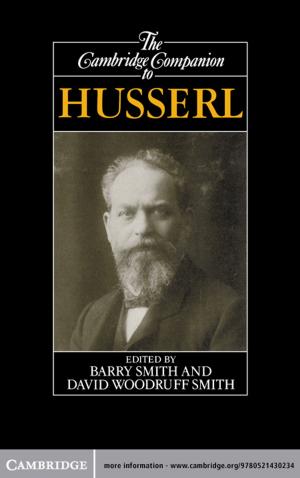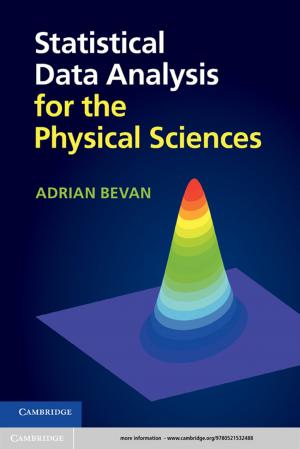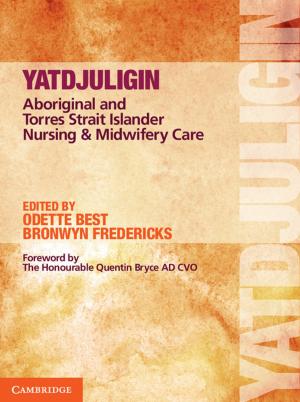| Author: | Angus Deaton, John Muellbauer | ISBN: | 9781107712942 |
| Publisher: | Cambridge University Press | Publication: | May 30, 1980 |
| Imprint: | Cambridge University Press | Language: | English |
| Author: | Angus Deaton, John Muellbauer |
| ISBN: | 9781107712942 |
| Publisher: | Cambridge University Press |
| Publication: | May 30, 1980 |
| Imprint: | Cambridge University Press |
| Language: | English |
This classic text has introduced generations of students to the economic theory of consumer behaviour. Written by 2015 Nobel Laureate Angus Deaton and John Muellbauer, the book begins with a self-contained presentation of the basic theory and its use in applied econometrics. These early chapters also include elementary extensions of the theory to labour supply, durable goods, the consumption function, and rationing. The rest of the book is divided into three parts. In the first of these the authors discuss restrictions on choice and aggregation problems. The next part consists of chapters on consumer index numbers; household characteristics, demand, and household welfare comparisons; and social welfare and inequality. The last part extends the coverage of consumer behaviour to include the quality of goods and household production theory, labour supply and human capital theory, the consumption function and intertemporal choice, the demand for durable goods, and choice under uncertainty.
This classic text has introduced generations of students to the economic theory of consumer behaviour. Written by 2015 Nobel Laureate Angus Deaton and John Muellbauer, the book begins with a self-contained presentation of the basic theory and its use in applied econometrics. These early chapters also include elementary extensions of the theory to labour supply, durable goods, the consumption function, and rationing. The rest of the book is divided into three parts. In the first of these the authors discuss restrictions on choice and aggregation problems. The next part consists of chapters on consumer index numbers; household characteristics, demand, and household welfare comparisons; and social welfare and inequality. The last part extends the coverage of consumer behaviour to include the quality of goods and household production theory, labour supply and human capital theory, the consumption function and intertemporal choice, the demand for durable goods, and choice under uncertainty.















